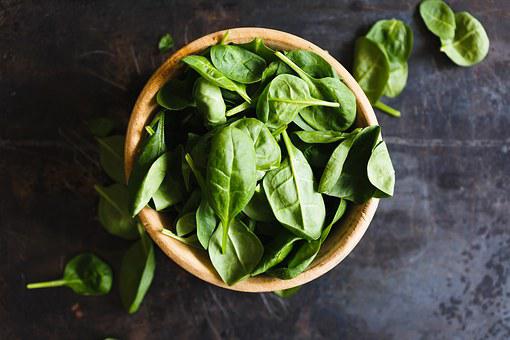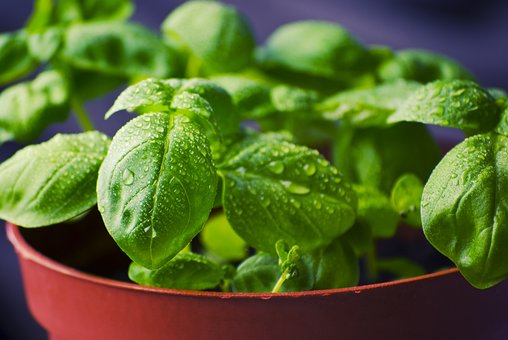Basil is a popular herb that is often used to add flavor to dishes such as pasta, pizza, and salad. It is also known for its potential health benefits. In this article, we will discuss the nutritional value of basil per 100g and whether or not basil is healthy for you.
First, let’s take a look at the nutritional value of basil per 100g. According to the United States Department of Agriculture (USDA), 100g of fresh basil contains:
2.65g of protein
0.52g of fat
3.15g of carbohydrates
2.7g of fiber
1.23g of sugar
2.97g of ash
0.85g of moisture
36mg of calcium
0.18mg of iron
23mg of magnesium
0.27mg of phosphorus
4mg of potassium
0.07mg of zinc
0.01mg of copper
0.03mg of manganese
37mg of vitamin C
0.06mg of thiamin
0.04mg of riboflavin
0.5mg of niacin
0.22mg of pantothenic acid
0.86mg of vitamin B6
0.07mg of folate
0.22mg of vitamin A
0.02mg of vitamin E
0.01mg of vitamin K
As you can see, basil is a good source of several essential vitamins and minerals, including vitamin C, vitamin A, and iron. It is also a good source of fiber, which can help promote healthy digestion.
Now let’s talk about the health benefits of basil. Basil contains a number of compounds that have been shown to have health benefits. For example, basil contains antioxidants that can help protect cells from damage caused by free radicals. It also contains anti-inflammatory compounds that can help reduce inflammation in the body.
Basil has been used traditionally to treat a variety of health conditions, including:
Indigestion: Basil contains compounds that can help promote healthy digestion.
Headaches: Basil has been used to treat headaches due to its anti-inflammatory properties.
Colds and flu: Basil is rich in vitamin C, which can help boost the immune system.
Diarrhea: Basil has been used to treat diarrhea due to its antimicrobial properties.
Insect bites: Basil has been used to treat insect bites due to its anti-inflammatory properties.
Basil can be enjoyed in many ways, you can add it to pasta, pizza, salad and many more dishes. But it is important to note that consuming large amounts of basil can cause side effects such as allergic reactions. Consult with a doctor if you are unsure about consuming basil.
In conclusion, basil is a healthy herb that is rich in essential vitamins and minerals. Its also contains compounds that can promote healthy digestion, reduce inflammation, and boost the immune system. It’s a great addition to your diet and can be enjoyed in many ways. However, it’s important to consume basil in moderation and talk to a doctor if you have any concerns.

 Home
Home Health
Health Diet & Nutrition
Diet & Nutrition Living Well
Living Well More
More












